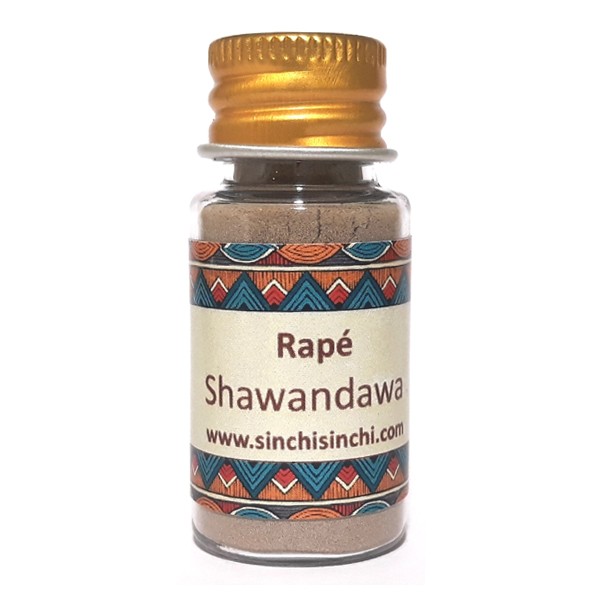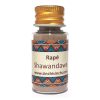[et_pb_section fb_built=”1″ _builder_version=”3.22″ custom_padding=”0px||||false|false”][et_pb_row _builder_version=”3.25″ background_size=”initial” background_position=”top_left” background_repeat=”repeat” width=”100%” custom_padding=”0px||0px||false|false”][et_pb_column type=”4_4″ _builder_version=”3.25″ custom_padding=”|||” custom_padding__hover=”|||”][et_pb_wc_breadcrumb _builder_version=”3.0.47″][/et_pb_wc_breadcrumb][et_pb_wc_cart_notice _builder_version=”3.0.47″][/et_pb_wc_cart_notice][/et_pb_column][/et_pb_row][et_pb_row column_structure=”1_2,1_2″ _builder_version=”3.25″ background_size=”initial” background_position=”top_left” background_repeat=”repeat” width=”100%” custom_padding=”0px||||false|false”][et_pb_column type=”1_2″ _builder_version=”3.25″ custom_padding=”|||” custom_padding__hover=”|||”][et_pb_wc_images _builder_version=”3.0.47″][/et_pb_wc_images][/et_pb_column][et_pb_column type=”1_2″ _builder_version=”3.25″ custom_padding=”|||” custom_padding__hover=”|||”][et_pb_wc_title _builder_version=”3.0.47″][/et_pb_wc_title][et_pb_wc_rating _builder_version=”3.0.47″][/et_pb_wc_rating][et_pb_wc_price _builder_version=”3.0.47″][/et_pb_wc_price][et_pb_wc_description _builder_version=”3.0.47″][/et_pb_wc_description][et_pb_wc_add_to_cart _builder_version=”3.0.47″][/et_pb_wc_add_to_cart][et_pb_wc_meta _builder_version=”3.0.47″][/et_pb_wc_meta][/et_pb_column][/et_pb_row][et_pb_row _builder_version=”3.25″ background_size=”initial” background_position=”top_left” background_repeat=”repeat” width=”100%”][et_pb_column type=”4_4″ _builder_version=”3.25″ custom_padding=”|||” custom_padding__hover=”|||”][et_pb_wc_tabs _builder_version=”3.0.47″] [/et_pb_wc_tabs][et_pb_wc_upsells _builder_version=”3.0.47″][/et_pb_wc_upsells][et_pb_wc_related_products _builder_version=”3.0.47″][/et_pb_wc_related_products][/et_pb_column][/et_pb_row][/et_pb_section]
Shawadawa
23,00€
Rapé Shawadawa, with Rauti ashes, especially indicated to eliminate pain and addictions.
Out of stock


